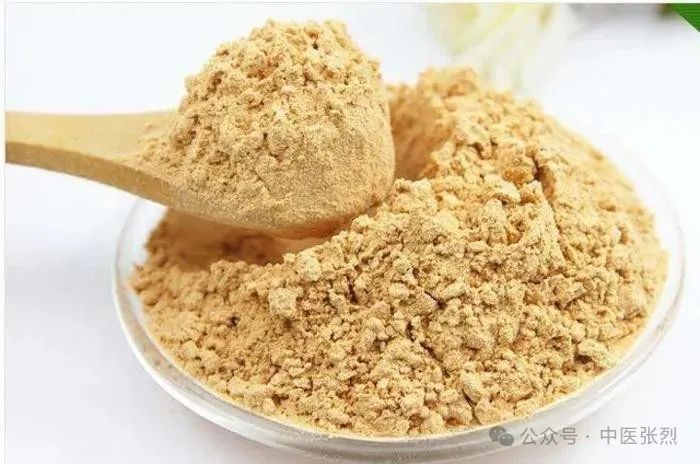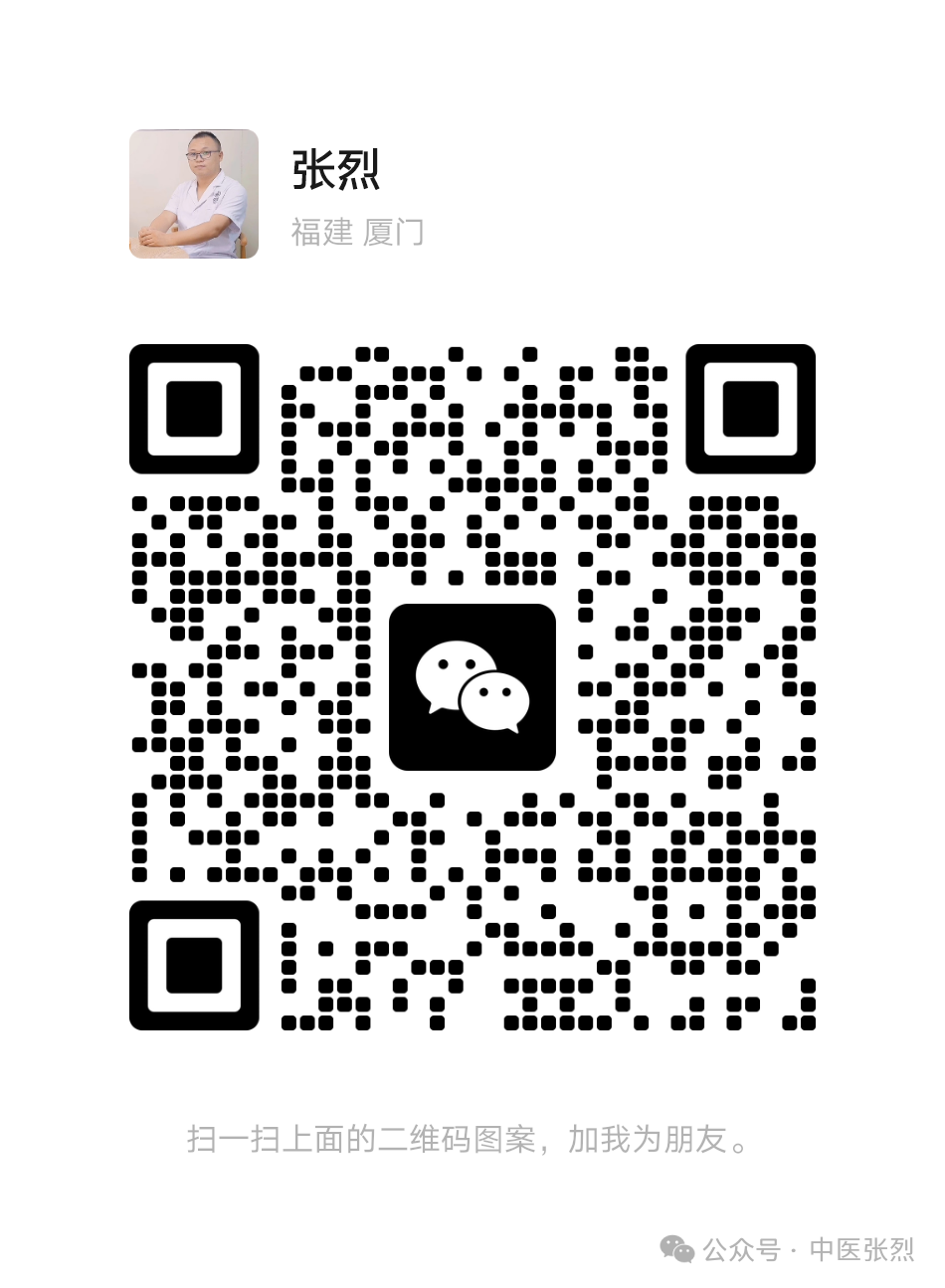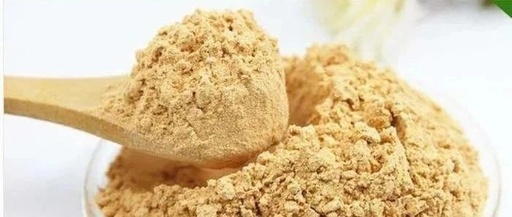Last week, a patient presented with recurrent fever, having received intravenous therapy for 5 days at the hospital. On the morning of the fifth day, his temperature was 38.5°C before the infusion and dropped to 38.2°C afterward. Out of options, he was referred to me for Traditional Chinese Medicine (TCM). After my examination, I prescribed a zhongyao sanji (Chinese herbal powder), a combination of Da Chai Hu Tang (Major Bupleurum Decoction) and Zhi Zi Hou Po Tang (Gardenia and Magnolia Decoction), instructing him to take it every three hours, even waking up at night to take the medicine, and to continue taking it three times a day after the fever subsided. The next morning, he messaged me on WeChat saying his temperature was 37°C, and later that evening, he reported two bowel movements and a temperature of 36.5°C.
A patient with hypertension experienced occasional dizziness and chest tightness. Previously, his blood pressure fluctuated between 160-180 mmHg while on antihypertensive medication. He came to consult me, and I advised him to stop the medication and take the sanji (powder). This week, during his third visit, his blood pressure was around 145 mmHg, and the sensation of chest tightness had significantly reduced.

Many patients see me using sanji (powder) instead of decoctions for treatment,
and often ask:
Dr. Zhang, is the powdered medicine effective? How does it compare to decoctions?
(1)
The effects of sanji (powder) and decoctions are the same; three grams of powdered medicine is equivalent to a decoction made from 100-200 grams of herbal slices. From a dose-effect ratio perspective, three grams of powder demonstrates a more pronounced effect due to the smaller quantity.
(2)
Unlike decoctions, sanji (powder) does not require boiling or pre-cooking; it can be taken directly. Some may wonder if the efficacy of Chinese medicine is compromised without boiling. The powdered medicine is made using low-temperature freeze-drying and ultra-micro grinding to 300 mesh, effectively replacing the boiling process with pulverization and absorption in the stomach, leading to better absorption.
(3)
The usage of sanji (powder) can also be compared to common Chinese patent medicines available in pharmacies, such as Li Zhong Wan (Regulate the Middle Pill), Huo Luo Wan (Activate the Collaterals Pill), and Wei San (Stomach Powder), which are all made from powdered herbs and are effective when used appropriately.
(4)
The demographic for sanji (powder) usage is significant; in the Han Dynasty, it accounted for about 20% of prescriptions in the Shang Han Lun (Treatise on Cold Damage). In the Song Dynasty’s Tai Ping Hui Min He Ji Ju Fang (Formulas for Benefiting the People), its application reached nearly half. In modern times, approximately 200 practitioners nationwide, following the Li Guanjie formula system, exclusively use powdered medicine in their clinics, making it convenient for patients and ensuring therapeutic efficacy. The effectiveness of sanji (powder) is highly commendable and worth promoting.
(5)
The cost of sanji (powder) is about 20-30 yuan per day, totaling around 200 yuan per week, compared to 300-500 yuan for decoctions weekly, making it extremely cost-effective. With guaranteed efficacy, it eliminates the hassle of boiling and refrigeration; it only needs to be sealed and kept dry, making it easy to carry for school or business trips—ready to go at a moment’s notice.
Through three years of in-depth application of the Li Guanjie formula system, I have gradually transitioned from using decoctions to exclusively treating patients with sanji (powder).
The range of conditions treated includes colds and fevers, hypertension, diabetes, hyperlipidemia, nodular diseases, gout, lumbar disc herniation, insomnia, heatiness, menopause, urticaria, adenoid hypertrophy, rhinitis, gastritis, enteritis, post-cold aphonia, cough, hyperthyroidism, and skin diseases.
Statistical treatment outcomes have shown greater stability.
Clinical experience has become clearer.
The use of sanji (powder) is something every doctor and patient should choose and trust!
Next time I meet Dr. Zhang, I will still ask: Dr. Zhang, is the powdered medicine effective?


